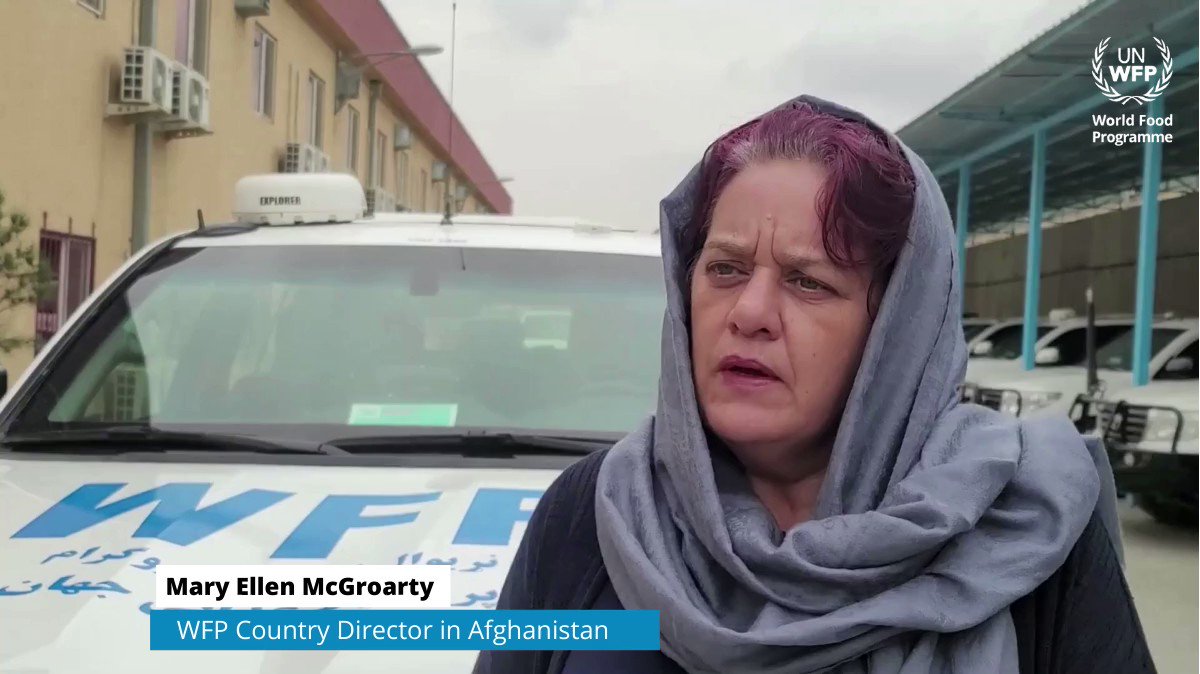The World Food Programme (WFP) has urged countries to support Afghanistan, as millions face starvation in the county. All 34 provinces of Afghanistan are facing a crisis or emergency levels of food insecurity, pushing an urgent need of humanitarian support, said the United Nations agency. About 23 million Afghans require urgent food assistance, including more than three million children who are at risk of severe hunger and life-threatening consequences of malnutrition. While the number of people in Afghanistan requiring assistance is “staggering”, Mary-Ellen McGroarty, WFP’s Afghanistan Country Director, feared this is just the tipping point. “It is young children who are “paying the incredible price,” she said.
WFP is seeking $2.6 billion for its operations in Afghanistan over the coming year. Visits to remote areas of the country have revealed the plight of citizens coping amid the impacts of a prolonged drought, economic collapse and the COVID-19 pandemic, coming on top of years of conflict, which culminated in the Taliban’s takeover of the country in August.
The rising cost of wheat has led to an 80 per cent increase in the price of bread, a staple for many families. In some areas, people are compensating by consuming a variety of wheat that has been known to cause neurological problems. Many are surviving on bread and tea with milk. WFP is ramping up its life-saving support in Afghanistan, with the goal of reaching 24 million people in 2022. So far this year, the agency has provided food, cash and nutrition assistance to 12.4 million people. Support has included malnutrition treatment and prevention services to nearly 4,37,000 pregnant and breastfeeding women, and 9,00,000 children five years old and younger.

























